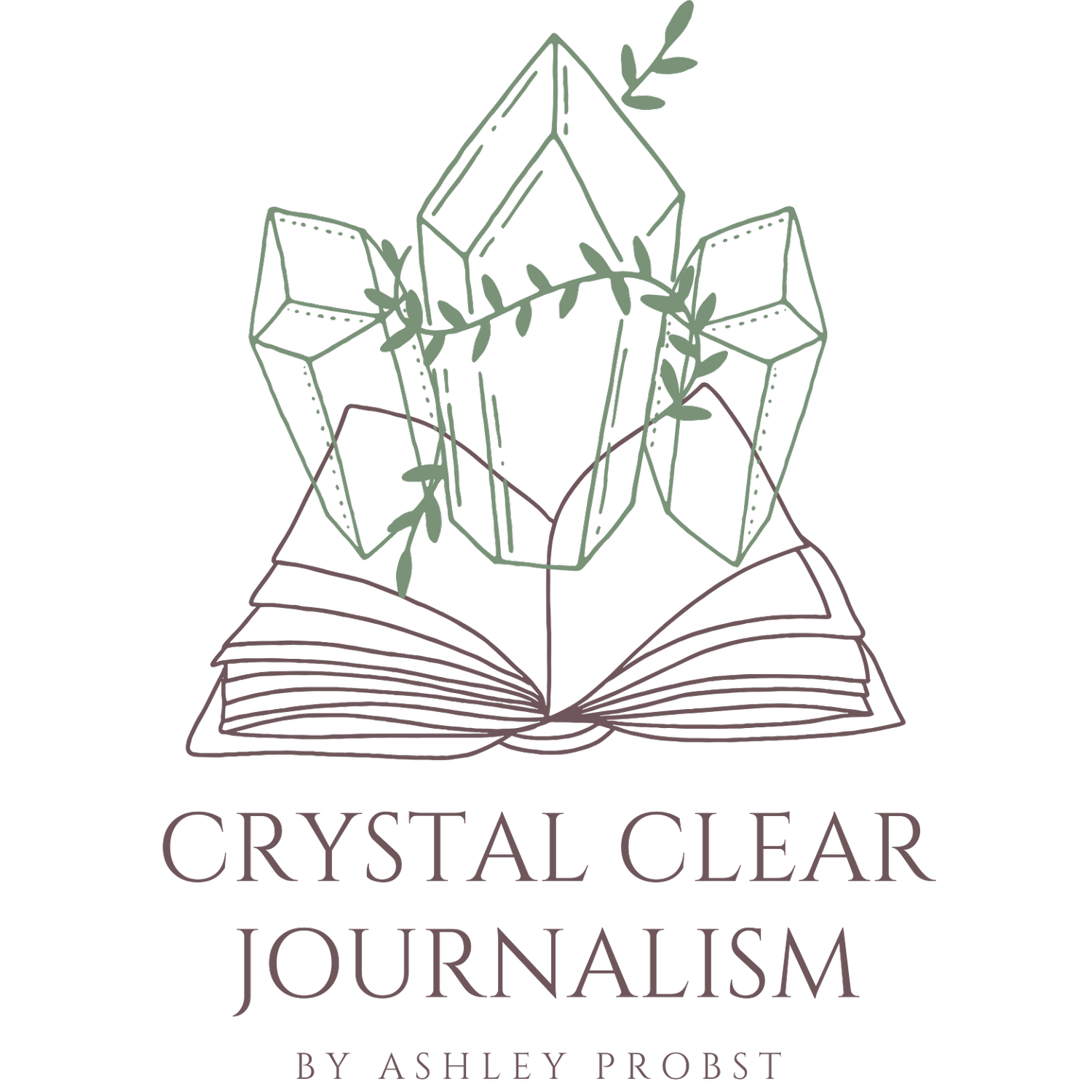Silk Is Smooth, But Is It Sustainable?
Regardless of your values, there is certainly a type of silk that will suit your needs.
It comes as no surprise that the main source of silk is silkworms. Identical to the life cycle of a butterfly, these little larvae cocoon themselves before turning into moths. Those cocoons are made up of the prized fibers that silk manufacturers rely on, but the extraction process can harm the insects inside.
The silk fibers are in pristine condition while inside the cocoon, but these often break apart when the moth emerges. In order to keep the strands in tact, the cocoons are heated up (to keep the matured worms inside) and then unraveled to create strings of silk that can then be spun into yarn. When this process is used, the silkworm does not survive, but the remains are not wasted: outer cocoon shells can help fertilize soil and the pupae are served as a snack across Asia.
Although this is not a vegan or cruelty-free process, it can typically be classified as zero waste. That being said, it’s also important to note that chemicals are often used in this type of production, so always ensure that the silk you’re purchasing is certified organic.
Mulberry silkworms, which have been domesticated and cannot reproduce without human assistance, are used to create around 90% of the world’s silk. If the extraction process doesn’t sit well with you, don’t fret because there are some good alternatives.
Peace silk
Pro: This is an umbrella term for various types of silk that are harvested after the silkworms (some of which are wild) emerge from their cocoons naturally.
Con: Peace silk is much more expensive because production takes longer and it creates significantly less fiber than traditional methods since manufacturers are limited to using the broken strings.
Ramie
Pro: This vegan fabric is derived from a plant in the nettle family and is highly versatile, especially when blended with other fabrics.
Con: Clothing made of 100% ramie can feel stiff and tends to wrinkle easily.
Synthetic spider silk
Pro: Extremely durable and spiders aren't actually involved because the fiber comprises all-natural ingredients like yeast, water and sugar
Con: Though it’s certainly promising, this fabric is not readily available on the market yet.
Lotus silk
Pro: Does not require any chemicals or toxins to produce
Con: Lotus silk is rare because it takes upwards of 6,500 lotus stems to create a single length of fabric and, thus, requires extensive labor.
Bamboo silk
Pro: Plant-based, vegan-friendly fabric
Con: Bamboo silk is produced using chemicals, which has led to both health and environmental concerns.
Regardless of your values, there is certainly a type of silk that will suit your needs. Which one will you choose?





